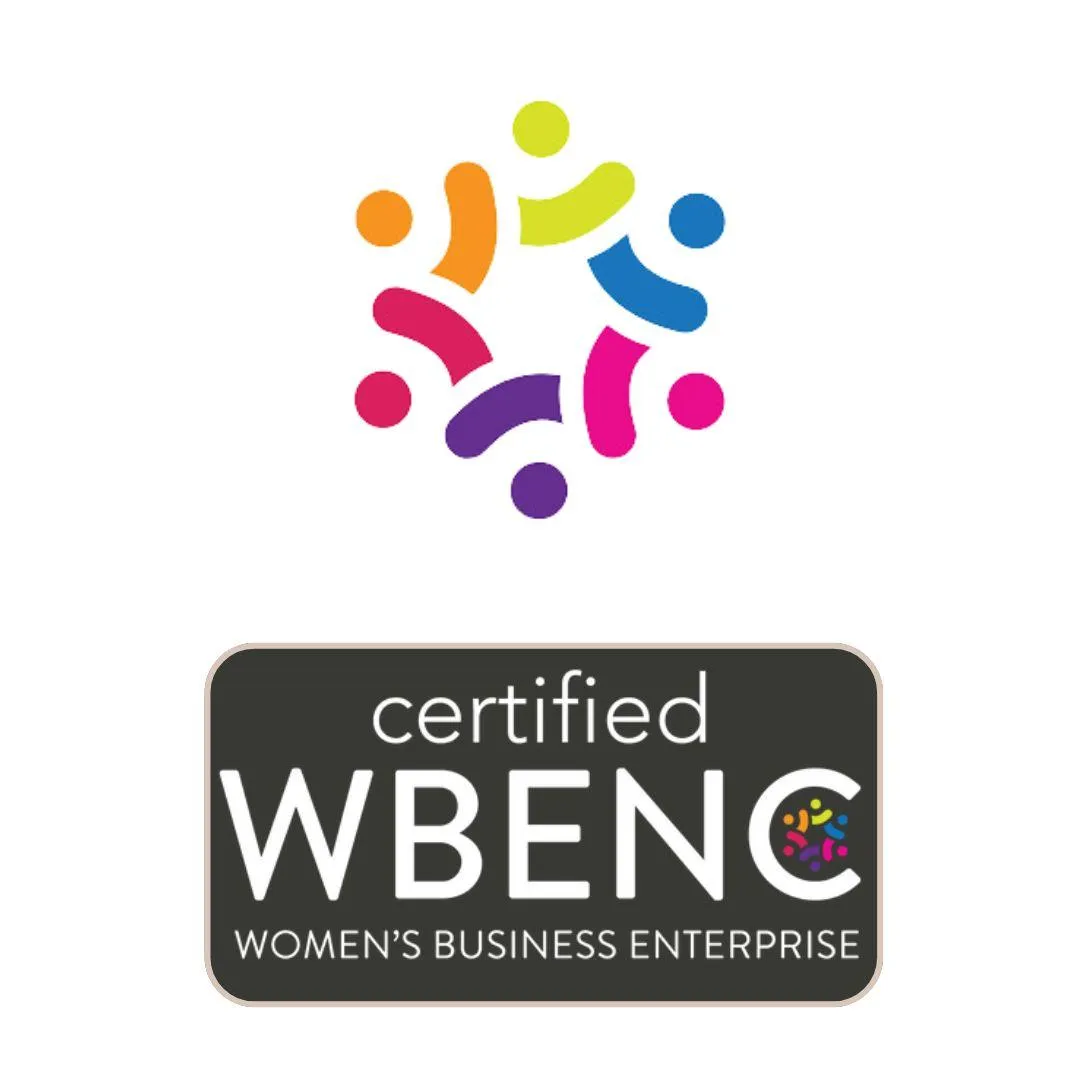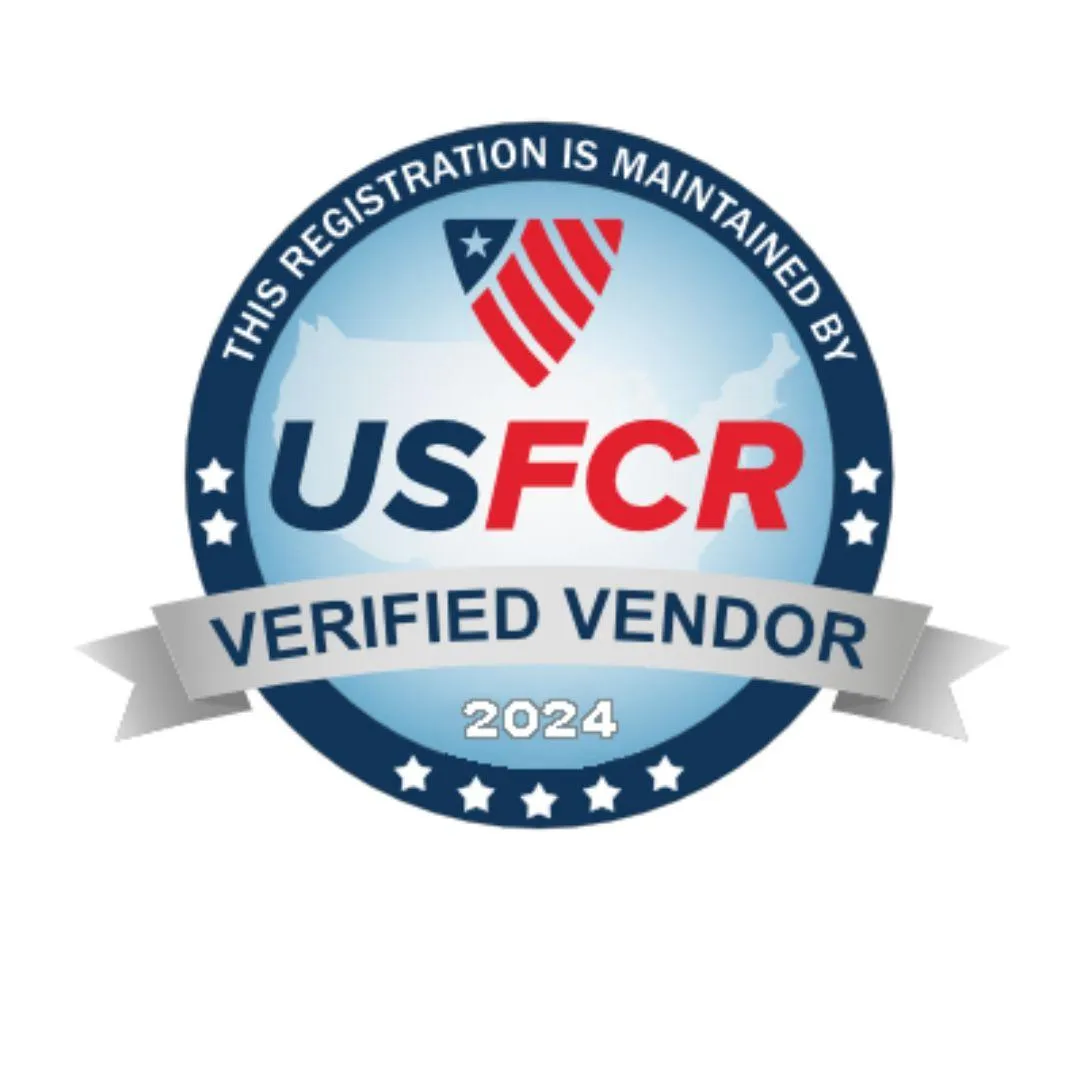Resources


Tax Strategy Workshops
Our workshops cater to individuals and businesses seeking to enhance their tax knowledge and efficiency. Led by experienced professionals, these sessions cover various topics, from basic tax fundamentals to advanced tax planning techniques, ensuring participants are well-equipped to navigate their tax obligations effectively.

Financial Education
These classes cover a wide range of subjects tailored to different financial stages and goals, including investment strategies, tax-efficient savings plans, and understanding financial statements. These educational offerings are structured to help clients make informed financial decisions and optimize their financial health.
Wealthy Wallet Podcast
Tune into The Wealthy Wallet Podcast by Decision Financial, where we break down complex tax laws and financial strategies into easy-to-understand discussions. Hosted by Monika Hengesbach, our episodes feature industry experts, client success stories, and insider tips to help you navigate the financial landscape. Whether you’re a high-earning professional or a corporation, our podcast is your go-to resource for staying informed and making smart financial decisions.

Our Blog
Dive into Decision Financial’s blog for expert insights, practical tips, and the latest updates on tax strategies and financial planning. Our articles are designed to empower you with the knowledge needed to make informed financial decisions. Stay ahead of the curve with our in-depth analysis, real-life case studies, and actionable advice tailored to both individuals and businesses.

The Self-Employed Loan Dilemma
Here is an article that I co-wrote with Pete Paredero, Senior Mortgage Consultant at Land Home Financial Services, Inc.
"Liar Loan"
Remember the “stated” loan? It’s also called the “liar loan” or the “loan that crashed our housing market.” Actually, the original intent of the loan was to help self-employed people whose tax returns took full advantage of tax write-offs and showed a bottom line lower than what would work for qualifying ratios for loan approval. Unfortunately, it became so abused that W-2 wage earners were allowed to acquire a stated loan. When stated loans took this direction, they became unreasonable, and millions of underqualified borrowers received loans way over their ability to repay.
Today, we have more people hanging their shingle as companies keep making cuts, and the job market remains fairly weak, causing quite a dilemma. Stated loans have not come back and probably will not for a very long time, if ever. What should you know if you are starting your own business and want to purchase or refinance a home?
First, you will need to be in business for two years to qualify for a loan. Usually, these are the hardest times for a startup, so be patient. If you are established in your business and want to refinance or purchase a home, you will need to sit down with your loan professional to review your taxes. If your debt-to-income ratios won't work for current lending guidelines, your next step would be to visit your professional tax preparer.
Recently, I worked with a client who was in this very predicament. A meeting was held with me and Monika Hengesbach, an Enrolled Agent specializing in small businesses and their owners. We were able to work a plan that would help my clients toward their goal of homeownership.
Here are some helpful hints that Monika shared with me that can steer you in the right direction to loan approval:
Every tax season I get told the same thing,
“I don’t want to pay too much in taxes, please help me.”
However, if you could be “tax savvy” and report more income for the first two years so you can have more tax write-offs and save more money on taxes for the next 30 years, would you? Of course!
For taxpayers who do not itemize their deductions, they are entitled to a standard deduction. For single filers, the standard deduction is $5,700, and for married filing jointly, it is $11,400. Let's say you purchased a $550,000 home, put down 20%, and qualified for 4.375%; your itemized deduction would be $27,356. This number does not include all the other items you are now entitled to claim as deductions: state and local taxes, gifts to charity, job expenses, and certain miscellaneous deductions. As you can see, your deductions would be $21,656 more for single filers and $15,956 more for married filers. Talk about saving money on your taxes!
A few areas that can be looked at when managing your business and preparing your taxes are:
1. Depreciate your fixed assets versus writing them all off in the year of purchase. Instead of taking 100% of the purchase price off in the year of purchase (Section 179), defer the expenses over the life of the assets; 3, 5, 7, 10, 15, or 20 years.
2. Contribute to a self-employed SEP. Contributions to a SEP are tax-deductible and may be eligible for a tax credit of up to $500 per year for each of the first three years for the cost of starting the plan.
3. Incorporate your business. Sole proprietors pay tax on their net income at whatever their personal rate is; they also pay a self-employment tax of 15.3% on the net income. This is one of the reasons why I am often asked for help. You will pay the same 15.3% self-employment tax on your wages but not on your net income. Depending on the structure you choose, the net income can pass through to you, which will help with your income qualification for homeownership.
Accolades







Let's Talk Taxes


Stay Connected
On Social

